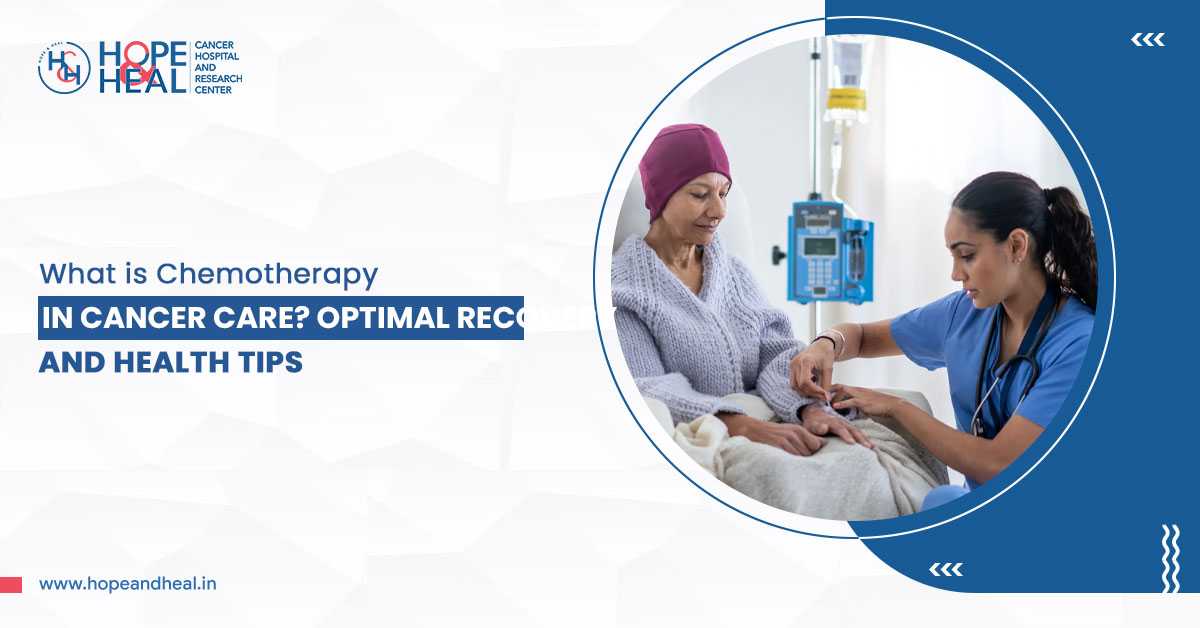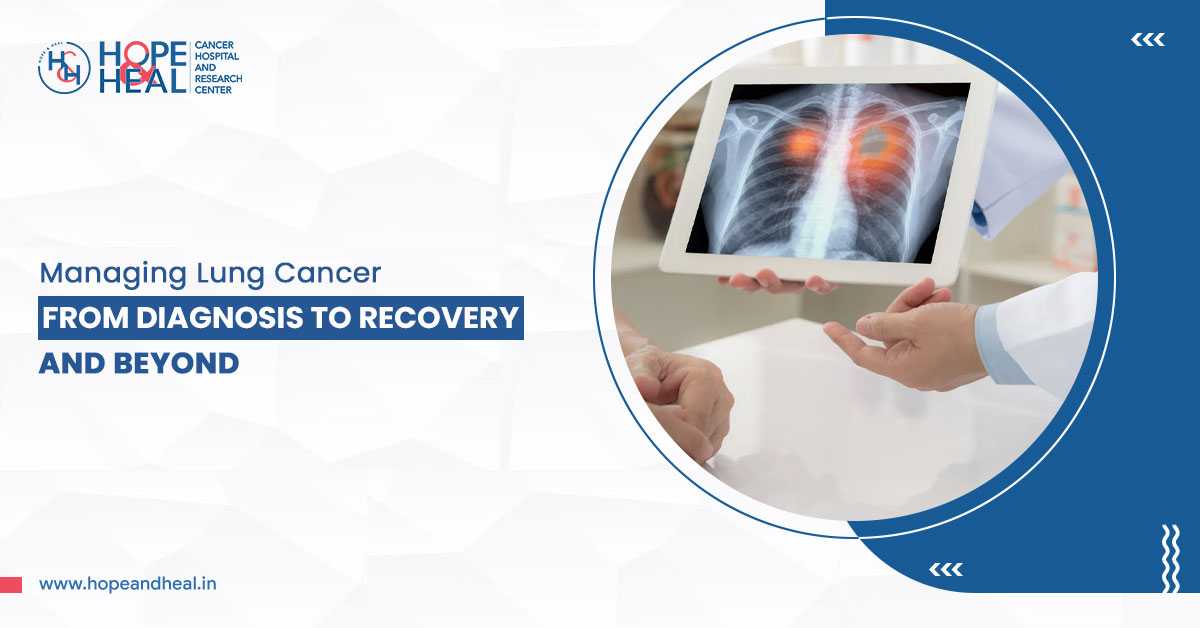The pancreas plays a role in converting consumed food into fuel. It produces pancreatic enzymes/natural juices in order to break down foods. The exact cause of cancerous growth in pancreatic cells is not known. It occurs when there’s a mutation in the DNA of the cells. These changes in DNA form a malignant tumor.
A cancerous growth can travel up to nearby organs if left untreated. Pancreatic cancer often causes no symptoms earlier. Therefore, you might not identify if you have such a cancerous growth. See your specialist if you suspect any health problems. Avail of radiation therapy in North Bengal.
Not every tumorous growth in the pancreas is cancerous. However, if it’s cancerous, signs involve:
- Upper abdominal pain
- Upper abdominal pain that travels up to the back
- New diabetes
- Worsening of the pre-existing diabetes
- Fatigue
- Unexplained weight loss
- Nausea
- Vomiting
- Loss of appetite
- Dark colored peep
- Light-colored poop
- Jaundice
- Itchy skin
- Blood clots
Several factors that put you at risk of pancreatic cancer include:
- Smoking is a culprit for your well-being. The risk of this type of cancer increases with cigarette smoking and about 25% of pancreatic cancers are suspected to be caused by cigarette smoking. Carcinogenic elements present in cigarette smoke uplift the chance of malignant growth.
- Chronic pancreatitis is a progressive inflammation of the pancreas, leading to upper abdominal pain, nausea, vomiting, shortness of breath, diarrhea, fatigue, excessive thirst, unintended weight loss, intestinal blockage jaundice, internal bleeding. Untreated chronic pancreatic inflammation can result in an irreversible disorder.
- Diabetes is a long-term disease that might put you at risk of pancreatic cancer without a strategic lifestyle. Pre-existing, uncontrolled diabetes for over 5 years can make one more likely to develop this concern. Talk to your diabetologist or general physician if you have this metabolic syndrome. Type 1 diabetes is an autoimmune disease that can also be a risk factor.
Other risk factors for pancreatic cancer involve obesity, a family history, genetics, age over 45 to 65, etc. In order to keep yourself from complications, do not delay seeing your healthcare provider on notice of symptoms.
Prevention and Medical Care
Some ways to prevent the risk of pancreatic cancer include – Quitting smoking, managing body weight, following a healthy diet, practicing exercise, et al. If stopping smoking seems challenging for you, get expert advice. Smoking, physical inactivity, unhealthy eating, and obesity are common risk factors for almost every disease. At the same time, avoid alcohol consumption so that you heal optimally.
Required tests for pancreatic cancer include – blood tests, CT scan, PET scan, endoscopic ultrasound, and pancreatic biopsy. Based on how further the cancerous growth has reached, the location of cancer, and your overall health, oncologists set treatment goals. Possible medical care for this condition involves surgery and cancer therapy. Doctors may suggest palliative care.






